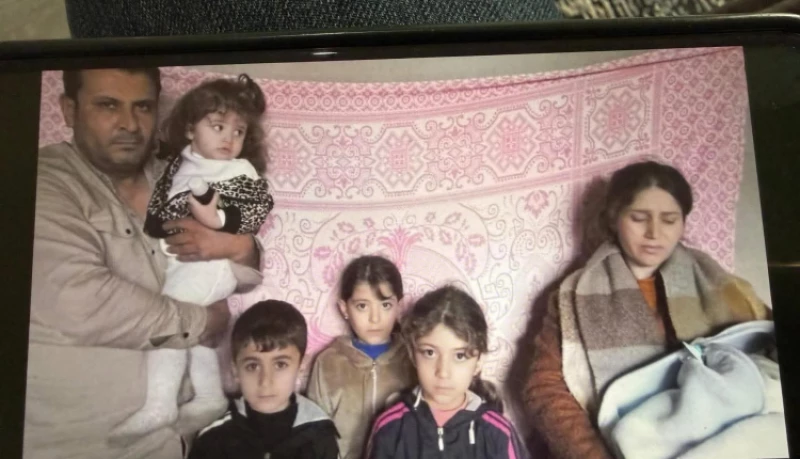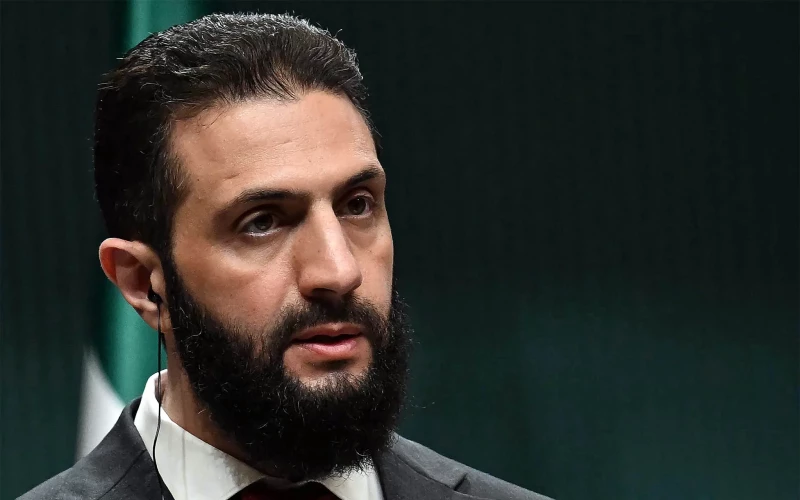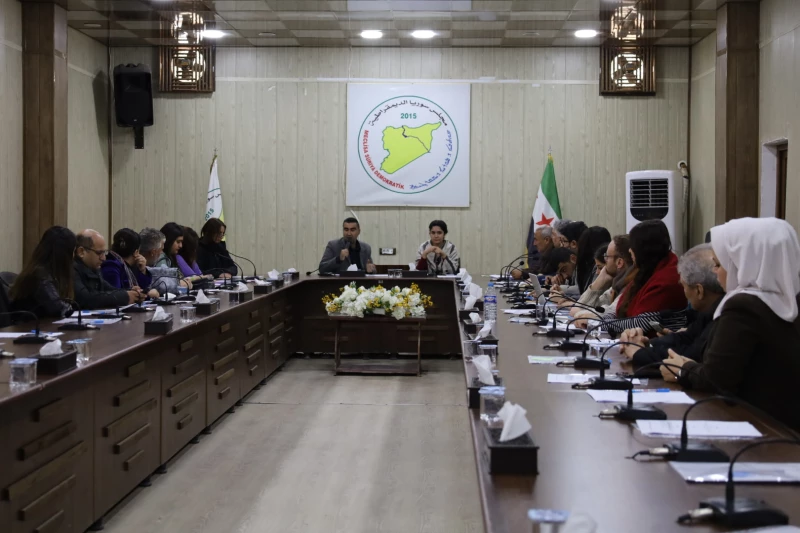DUBAI, UAE - In a comprehensive interview with al-Arabiya aired on Sunday, Syrian Democratic Forces (SDF) Commander Mazloum Abdi delved into his diplomatic efforts, personal struggles, and regional security challenges. Topics included his recent discussions with President Masoud Barzani, escalating tensions with Turkey, in addition to rumors about ties with Iran.
Abdi highlighted his recent meeting with President Barzani as part of broader efforts to secure Kurdish rights and address “Turkish aggression”.
He emphasized the importance of the Kurdistan Region’s role in mediating with Turkey, referencing Prime Minister Masrour Barzani’s recent meeting with Turkish President Recep Tayyip Erdogan, which he described as “historic”.
President Barzani met Abdi in Erbil on Thursday, discussing the need for Kurdish "unity” in Syria in the wake of Bashar al-Assad's ouster and new developments in the war-torn country.
Thursday’s meeting in Erbil came just three days after Abdul Hamid Darbandi, President Barzani's special representative, visited northern Syria. He met Abdi in Hasakah and leaders of the opposition Kurdish National Council (KN or ENKS) in Qamishli, conveying his message for the unity of Kurds. This was part of President Barzani's intensified efforts to establish unity among Kurdish rival sides amid recent developments in the neighboring country.
The discussion also focused on uniting Kurdish political forces and forming a unified delegation to engage with Damascus. Abdi noted alignment on these goals, expressing optimism about the Kurdistan Region’s role in advancing Kurdish interests within Syria’s future constitutional framework.
Does he hold an Iraqi passport?
Addressing reports about his inability to travel freely due to passport issues, Abdi confirmed he does not hold a passport under his name.
“I currently don’t have a passport in my name,” he said. When pressed about holding an Iraqi passport, he declined to comment.
Turkish aggression in northeast Syria
Abdi condemned Turkey’s continued military campaigns in northeastern Syria, accusing Erdogan of using security concerns as a pretext for expansionist ambitions.
He said Turkey aims to control strategic areas, such as Kobane and the Tishreen Dam, to solidify its presence and increase leverage with Damascus.
“Turkey claims its actions are for security, but in reality, they seek dominance. Their ambitions extend beyond Kobane to Raqqa and beyond,” Abdi stated.
He urged Erdogan to abandon military aggression and embrace peace.
“This is a historic opportunity for peace. If Erdogan doesn’t seize it, he will regret it,” Abdi warned.
Ties with Iran
Responding to reports of Iranian support for the SDF, Abdi denied any relationship, calling such claims “Turkish propaganda.”
He credited the SDF’s local technological advancements for countering Turkish drone attacks, stating, “we have developed anti-drone systems that have successfully neutralized several Turkish drones.”
Abdi expressed optimism about the SDF’s partnership with the United States, particularly in combating ISIS and stabilizing the region. He praised recent engagements with US military officials, including General Michael Kurilla, which focused on addressing ISIS’s resurgence and mitigating Turkish aggression.
“The US presence contributes to stability and security, not just militarily but politically as well,” Abdi said.
He acknowledged challenges in US mediation efforts with Turkey but remained hopeful about achieving a comprehensive ceasefire.
Despite grievances over the US withdrawal from parts of northeastern Syria in 2019, Abdi noted improved relations with current American leaders.
He highlighted ongoing discussions with US senators and military officials as a positive step toward securing long-term peace.
Kurdish rights
Abdi reiterated his commitment to preserving Syria’s territorial integrity while advocating for Kurdish rights. He called for constitutional guarantees for Kurdish language and cultural recognition and emphasized the need to protect the contributions of SDF fighters and administrators.
“We are not seeking independence but rather an inclusive solution that respects the rights of all components in northeastern Syria,” he said.
Abdi also supported renaming the “Syrian Arab Republic” to the “Syrian Republic” to reflect its diverse population.
As the interview concluded, Abdi addressed his interactions with Syria’s defacto leader Ahmad al-Sharaa.
He said the SDF has sought to form a joint military committee to explore integrating its forces into a unified national army under the Ministry of Defense.
While acknowledging some positive statements by Sharaa, Abdi said future relations depend on translating words into action.
“The Kurdish people have been deprived of their rights for too long. Resolving these issues requires dialogue and compromise, but our rights must be preserved in the constitution,” Abdi said.

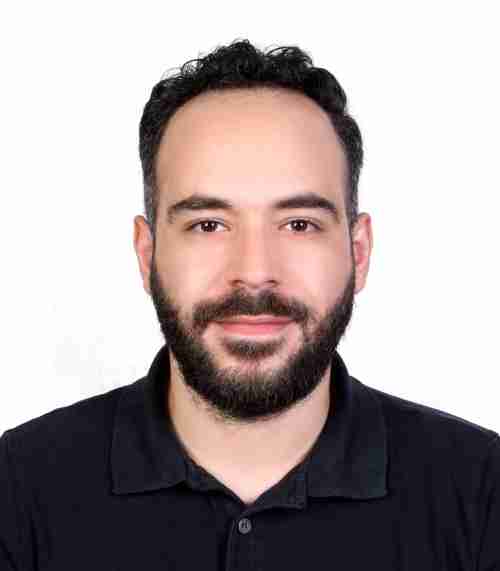
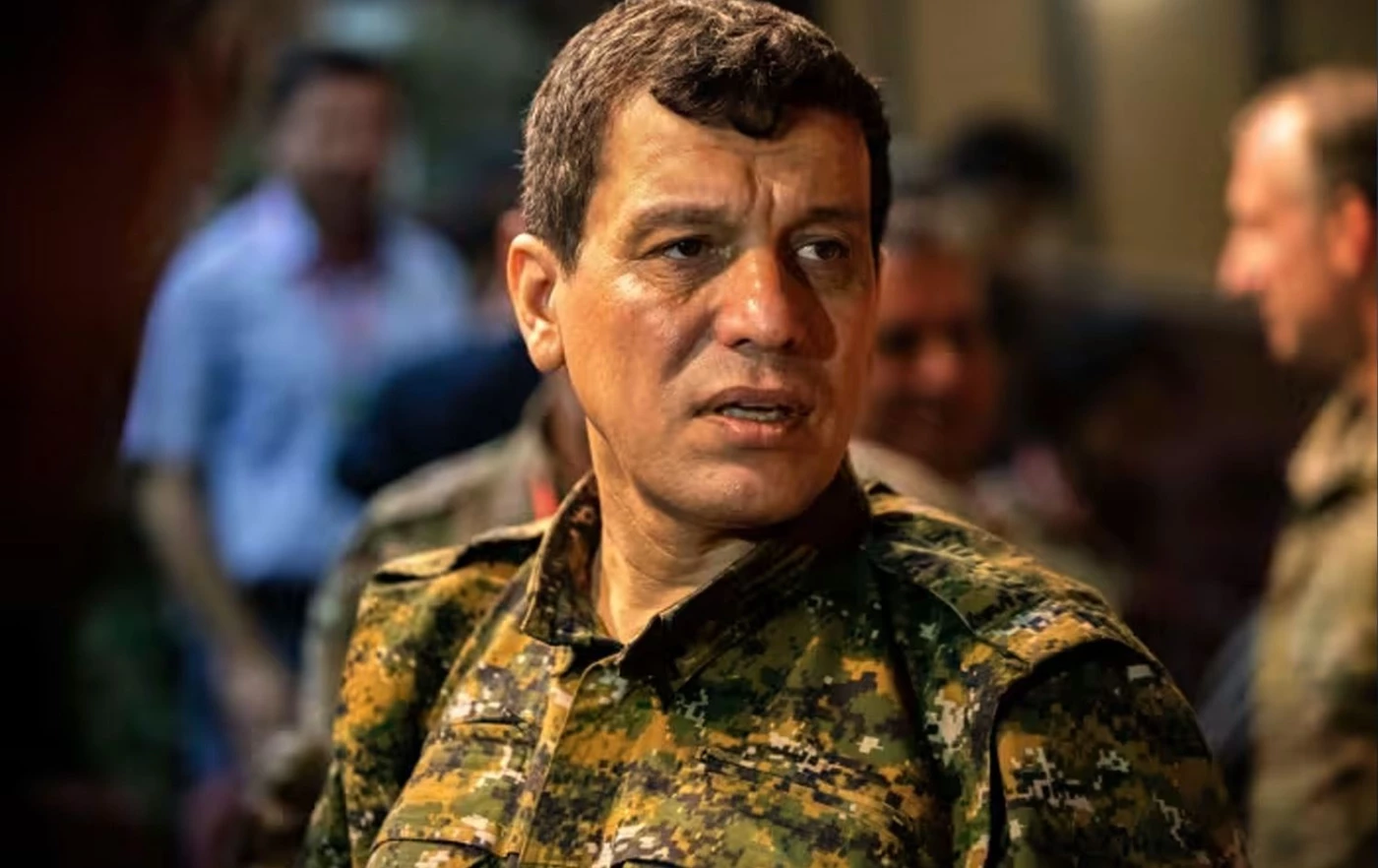
 Facebook
Facebook
 LinkedIn
LinkedIn
 Telegram
Telegram
 X
X
